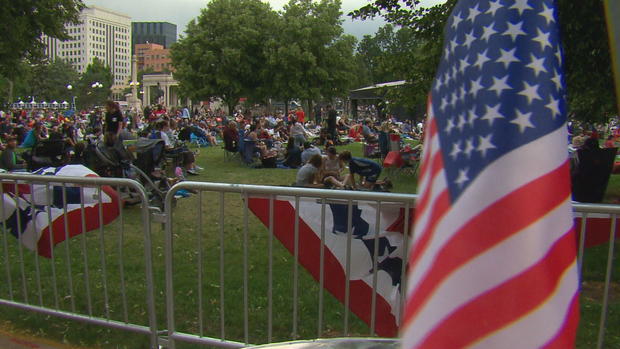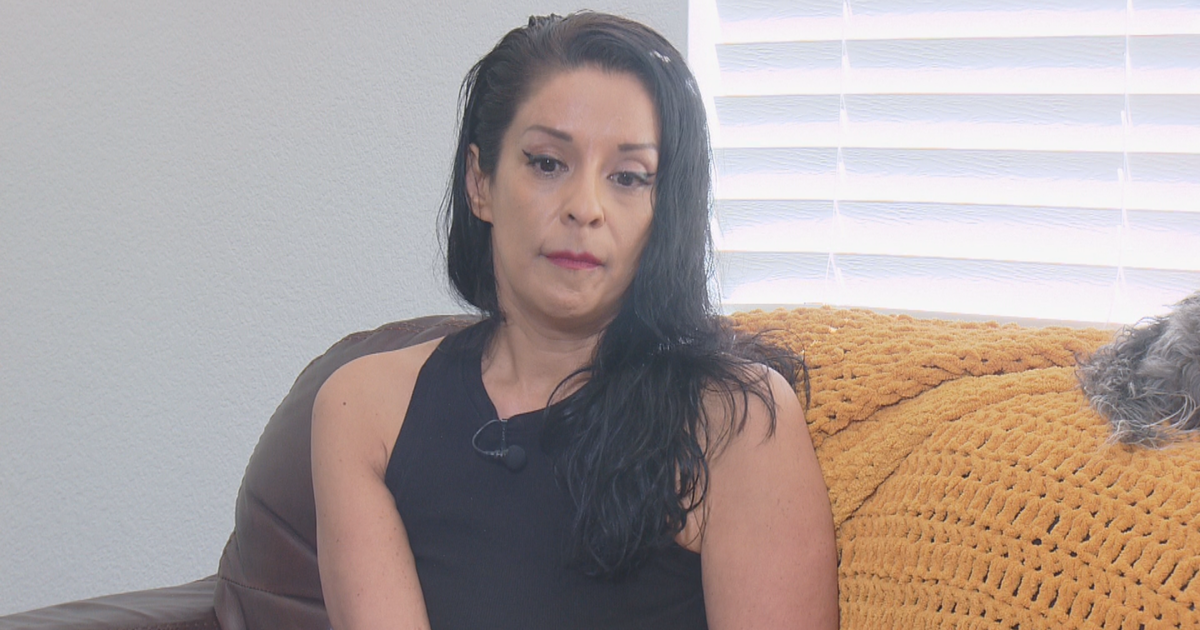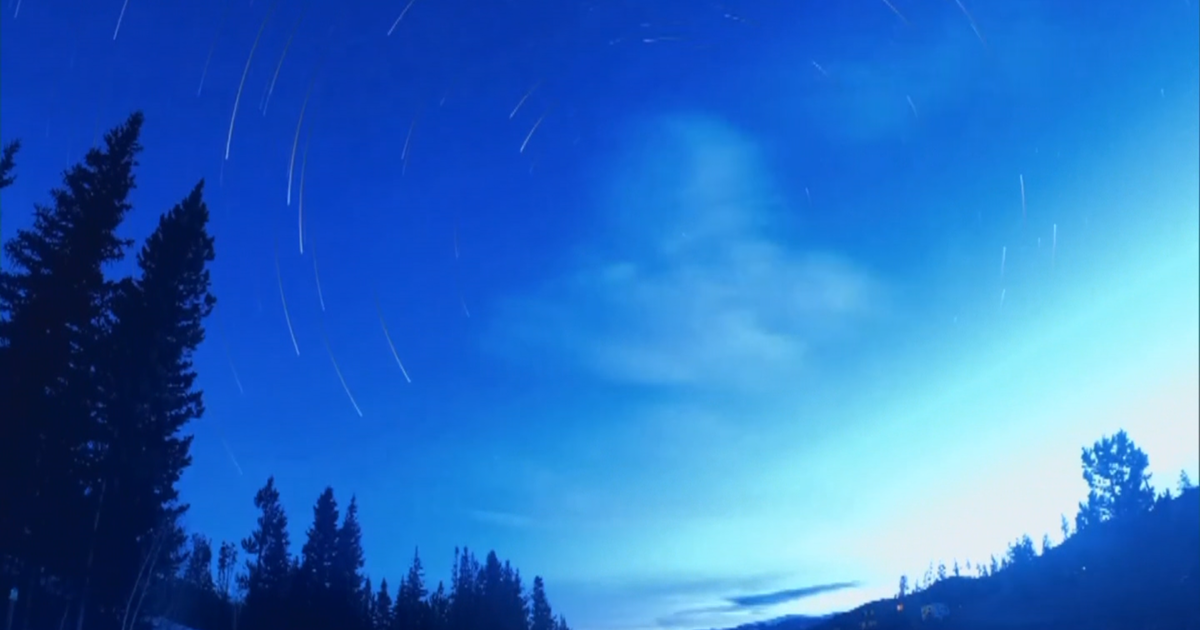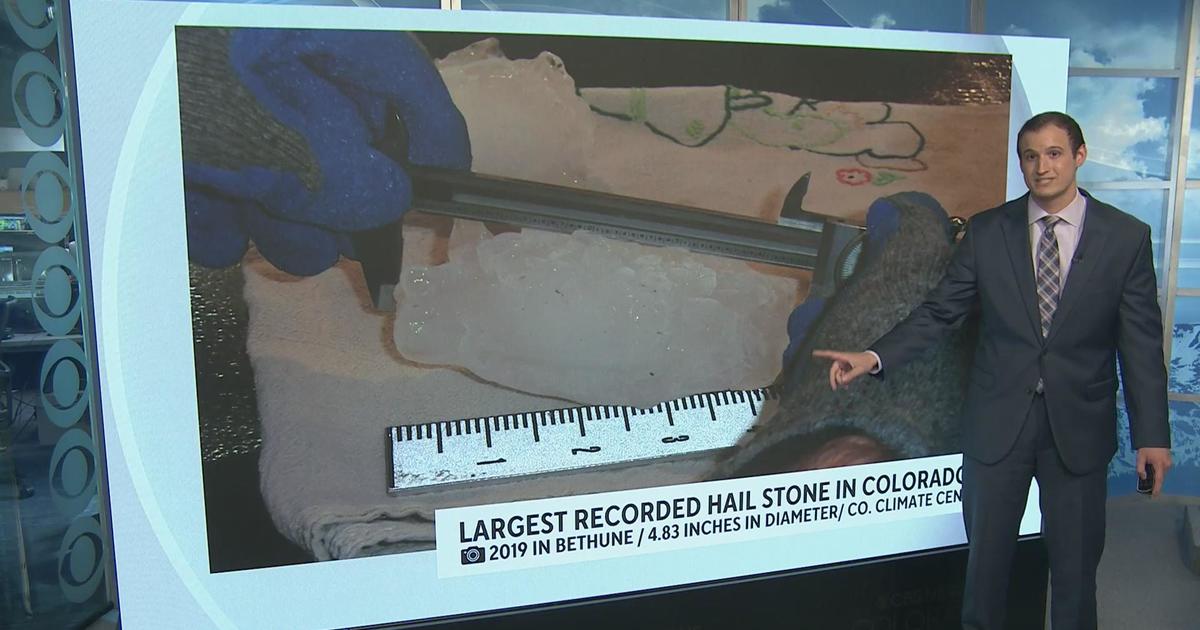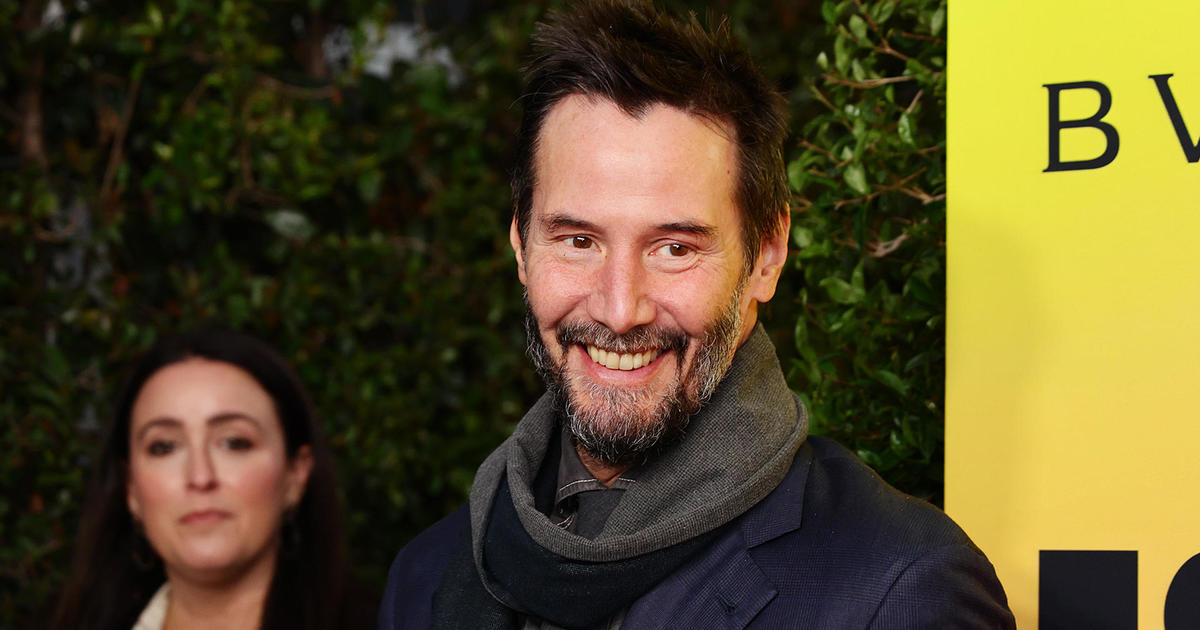'It's like something happens every week': Mass shootings change the way Coloradans live
Most people have been touched by mass shootings in some way, whether in the line of fire or simply impacted knowing the pain people have suffered. In Colorado, we've had far too many experiences with mass shootings, so common some people are changing how they live their lives.
"It's like something happens every week. It's some type of mass shooting," said Raymond Jones as he observed the 4th of July with family at Sloan Lake.
"I'm tired of it man," shared Jones.
"With everything going on, you know you can't just walk outside freely like you want to at any time," noted family member Nia Imani.
In the aftermath of the shooting in Highland Park, Illinois, Monday people were thinking about what happened to parade-goers.
"I don't understand that part. We're all Americans, just leave each other alone and try to get 'corazon,' A good heart," said marine veteran T. Lopez, who was at the park with friends.
"I do sometimes think you know, I'm not sure if I want to go to that public event," said Beverly Kingston, a PhD in sociology and director of the Center for the Study and Prevention of Violence at CU Boulder.
Kingston studies violence and ways to prevent them and absorbs the stress of that. But that stress is reaching many of us.
"I think we're all trying to deal and process with the level of violence that we're experiencing in the nation," Kingston added.
The Gun Violence Archive, an online project to count shootings reports 272 mass shootings, the first year it compiled statistics in 2014. Mass shootings are defined as incidents in which four or more people are shot. Last year the number had risen to 692. So far this year, there have been 311. July 4th was 185 days into the year.
There have been broader social forces believes Kingston.
"The isolation from the pandemic, the social strains around the pandemic the polarization we're seeing in the country," she said.
But the effects of the increases she believes could be studied more.
"I believe that there is a level of collective trauma that we're all being we're all affected by and I do think that we're that that is an area that's going to grow and that we needed to grow, and we really need to study and understand," said Kingston.
The cost has come in our fears as well as money spent on hardening buildings, schools and other expenses protecting ourselves from the violence. What we haven't spent enough on she believes is prevention.
"There are certain behavioral warning signs behavioral indicators that we see on that path, we don't have the systems built to the level that we could as a society, we need to build them."
There are some measures, but far from enough she believes.
"It's probably not even a drop in the bucket of what we need to be doing to really transform society, so that we don't have these events," Kingston said.
Raymond James noted how he didn't want to take his family into the area around Civic Center Park and felt more comfortable around the lake, where he might be able to see someone like a shooter coming from a greater distance.
"We have to be on the defense," James said.
